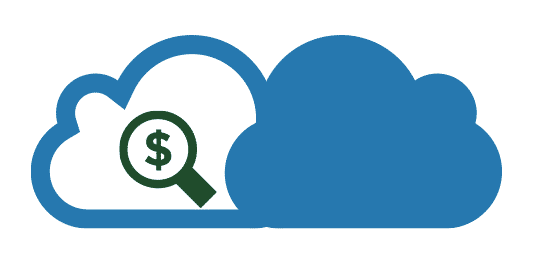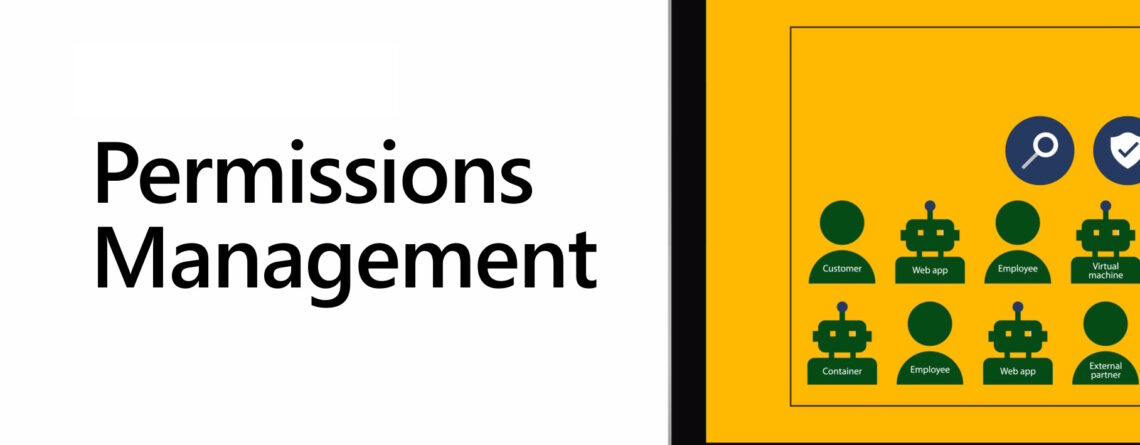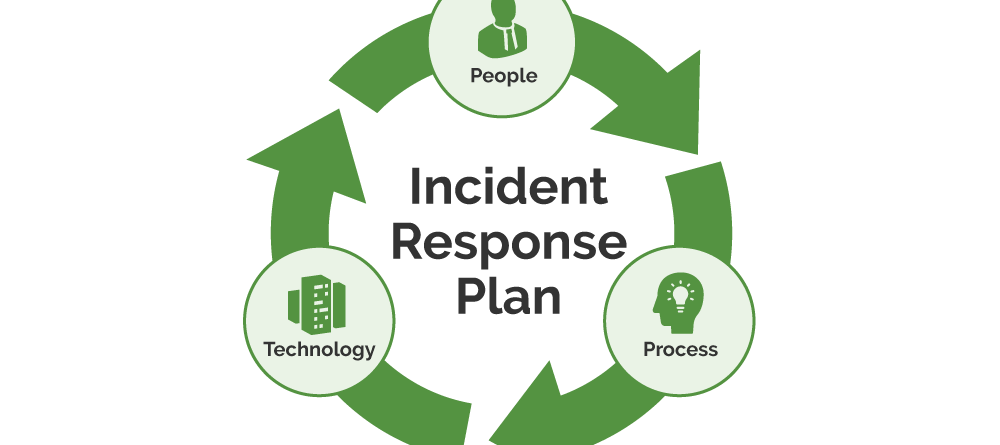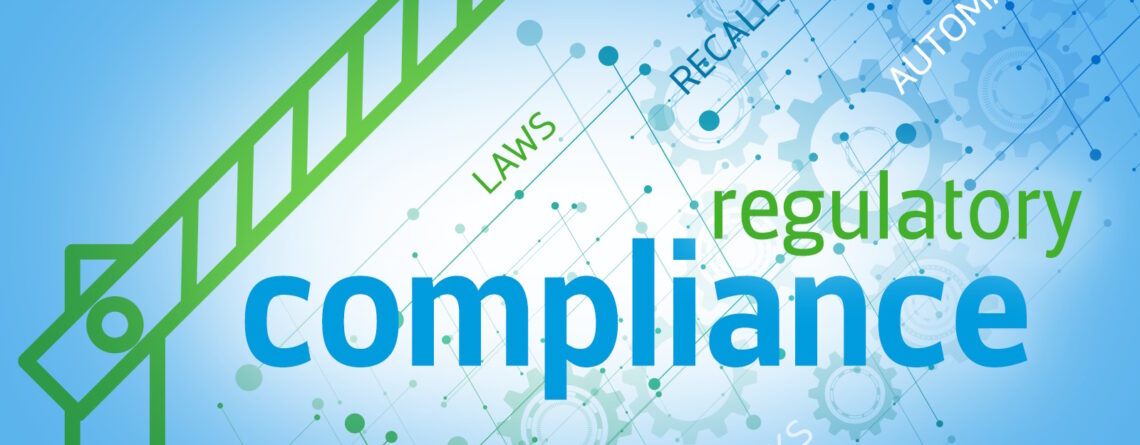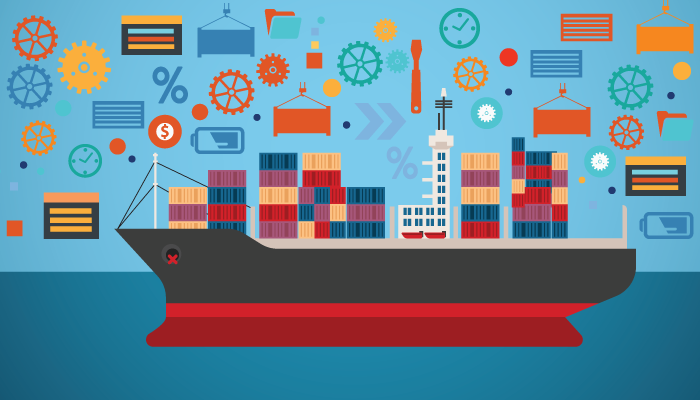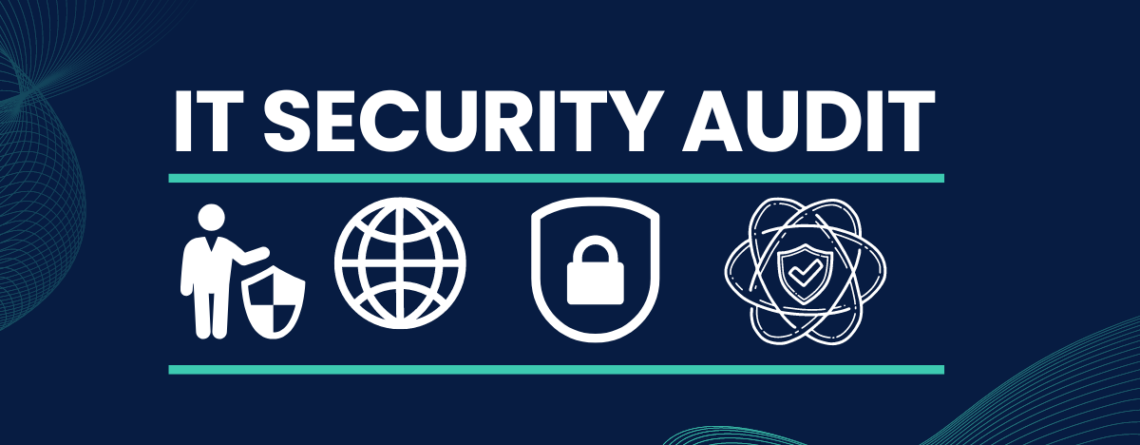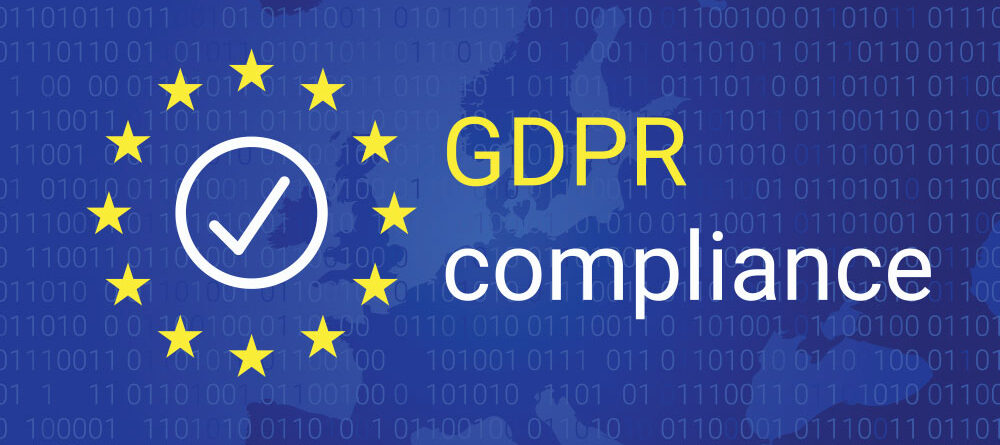How MSPs Can Support E-commerce Businesses
In the rapidly evolving digital marketplace, e-commerce businesses face unique challenges. From managing complex IT infrastructures to ensuring seamless online shopping experiences, the demands can be overwhelming. This is where Managed Service Providers (MSPs) come in. By providing specialized IT services and solutions, MSPs can help e-commerce businesses thrive in this competitive landscape. 1. Ensuring Robust IT Infrastructure E-commerce businesses rely heavily on their IT infrastructure for daily operations. Any downtime or performance issues can directly impact sales and customer satisfaction. [...]


